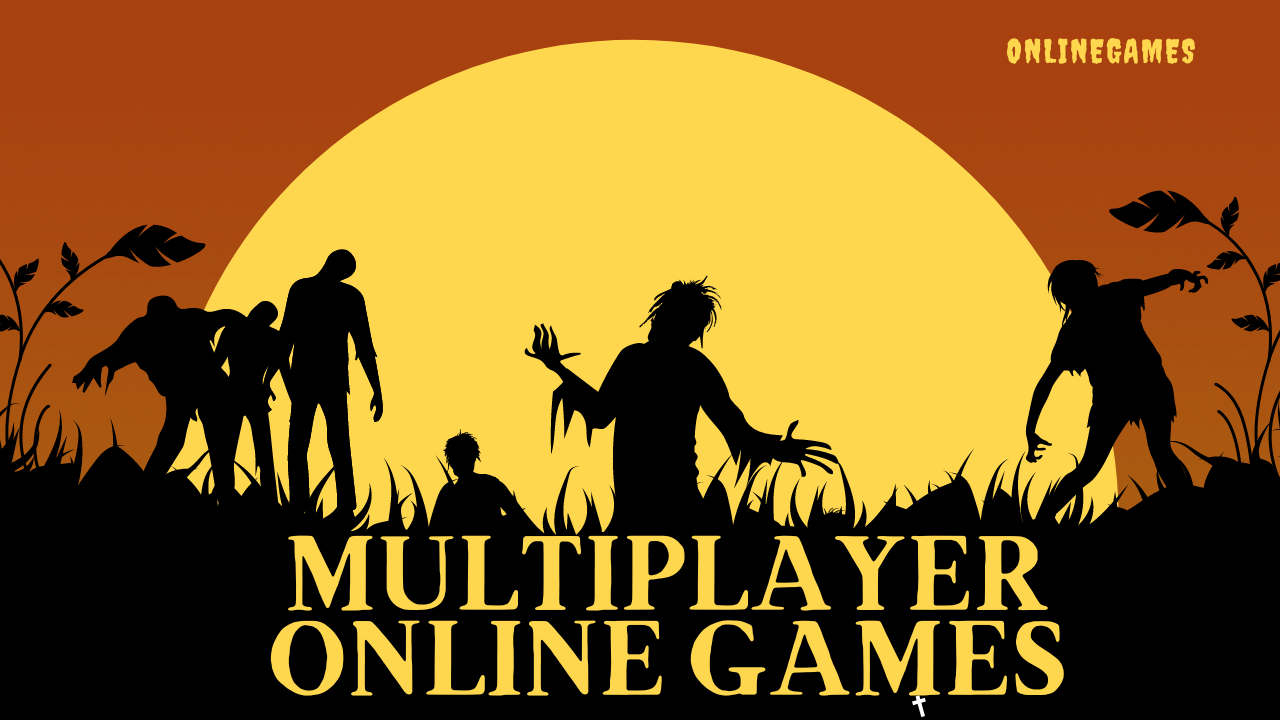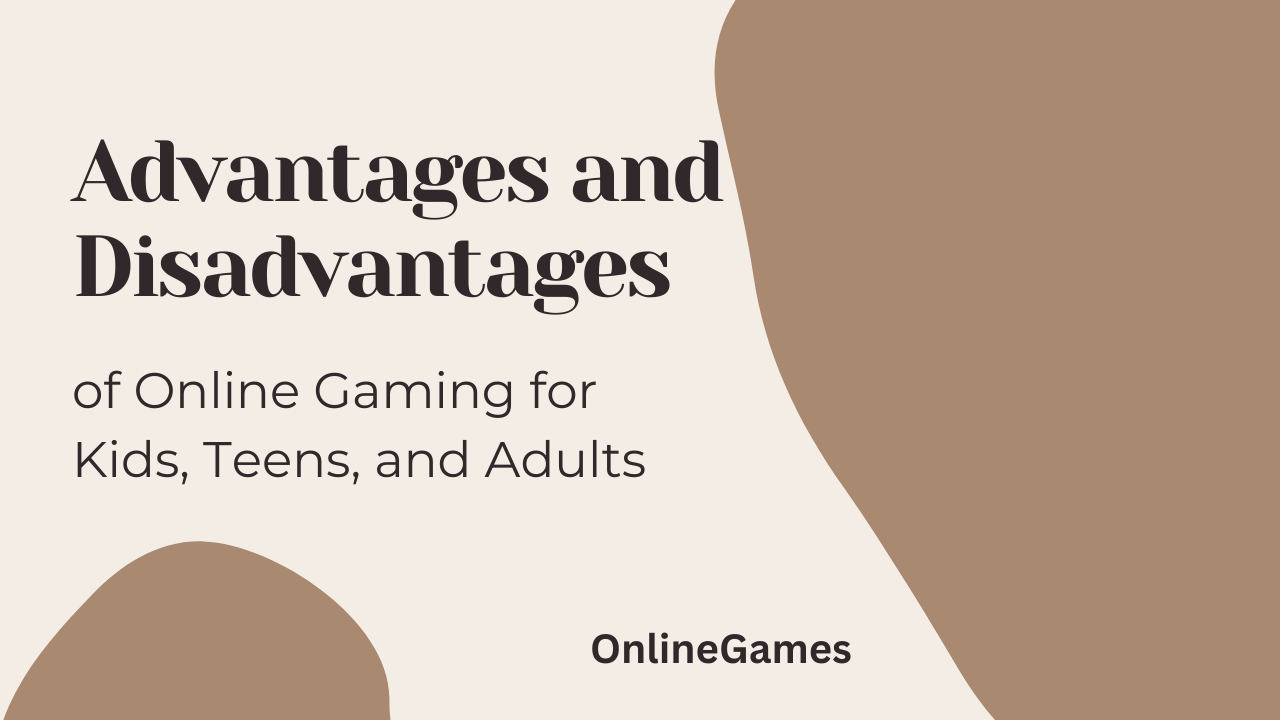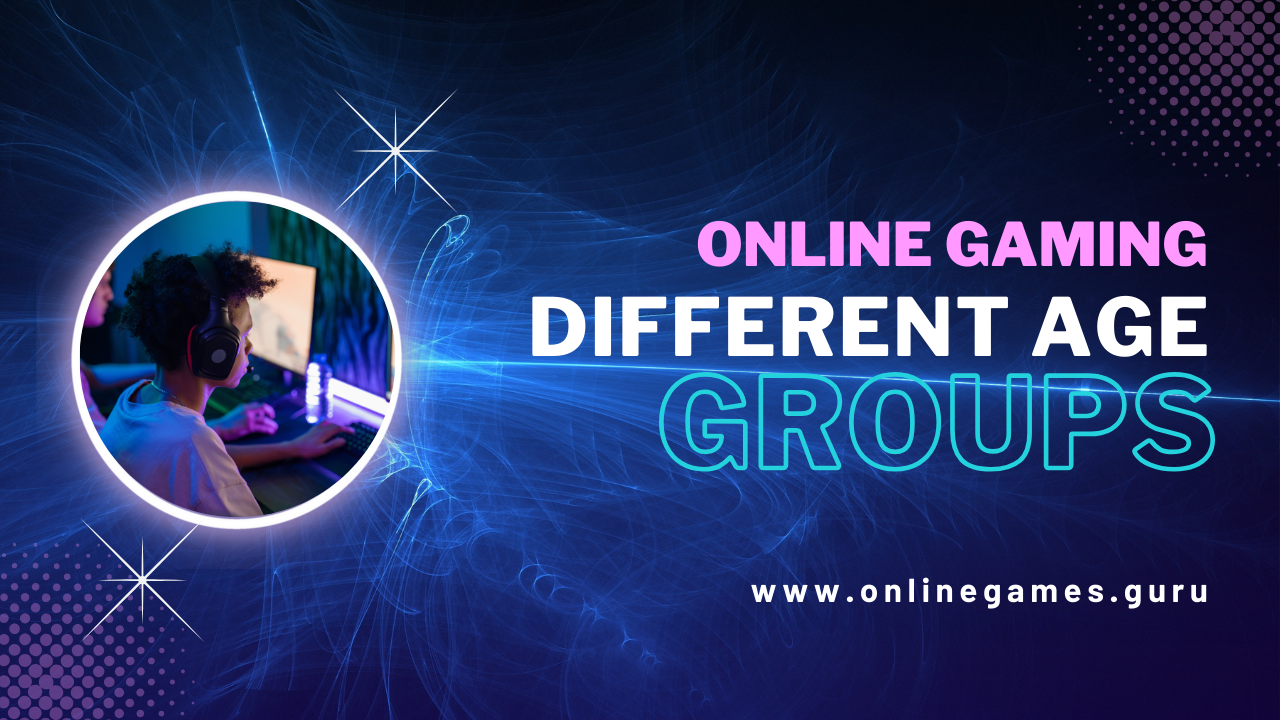The digital age has transformed the landscape of gaming, bringing forth a revolutionary concept known as multiplayer online games. These games have captivated millions of players globally, offering not just a platform for entertainment, but a vibrant community and an engaging social experience. This article delves deep into the intricacies of multiplayer online games, exploring their evolution, mechanics, and impact on the gaming industry and society.
The Evolution of Multiplayer Online Games
Early Beginnings and Text-Based Adventures
The roots of multiplayer online games can be traced back to the 1970s and 1980s, with the advent of Multi-User Dungeons (MUDs). These text-based games allowed multiple players to interact in a virtual world, relying heavily on imagination and textual descriptions. The foundational structure of these early games laid the groundwork for more sophisticated multiplayer experiences.
The Rise of Graphical MMORPGs
The 1990s marked a significant shift with the introduction of graphical Massive Multiplayer Online Role-Playing Games (MMORPGs). Games like Ultima Online and EverQuest brought a visual dimension to online multiplayer experiences, allowing players to explore intricate worlds filled with quests, combat, and social interaction. These games emphasized character progression and community engagement, setting the standard for future multiplayer titles.
Modern Multiplayer Experiences
Today’s multiplayer online games encompass a vast array of genres and platforms. From first-person shooters (FPS) like Call of Duty to battle royale games like Fortnite, the diversity in multiplayer gaming is unprecedented. The integration of advanced graphics, real-time communication, and expansive virtual worlds has revolutionized the way we perceive and engage with digital games.
Core Mechanics of Multiplayer Online Games
Real-Time Interaction and Social Dynamics
A defining feature of multiplayer online games is the ability for players to interact in real-time. This interaction can range from cooperative gameplay, where players team up to achieve common objectives, to competitive modes that pit players against each other in strategic battles. The social aspect of these games is crucial, fostering communities where players can form friendships, rivalries, and even professional teams.
Persistent Game Worlds
Many multiplayer games feature persistent worlds, which continue to evolve even when the player is offline. This concept adds a layer of depth and realism, as actions taken by players can have lasting impacts on the game environment and the broader community. For instance, in MMORPGs, the economy, politics, and landscape can be influenced by player actions, creating a dynamic and immersive experience.
In-Game Economy and Microtransactions
A notable aspect of modern multiplayer games is the incorporation of in-game economies and microtransactions. Players can earn or purchase virtual goods, which can range from cosmetic items to powerful equipment that enhances gameplay. These economies often mimic real-world markets, providing players with a sense of value and investment in their gaming experience.
Impact on the Gaming Industry and Society
Economic Contributions and Job Creation
The multiplayer online gaming sector is a significant contributor to the global economy. It generates billions of dollars in revenue annually through game sales, subscriptions, and microtransactions. Moreover, the industry has created numerous job opportunities in fields such as game development, marketing, esports, and content creation.
Esports and Professional Gaming
The rise of esports has been a direct result of the popularity of multiplayer online games. Professional gaming tournaments attract massive audiences, with players competing for substantial prize pools. Esports has not only legitimized gaming as a profession but also fostered a culture of competitiveness and excellence akin to traditional sports.
Cultural and Social Implications
Multiplayer online games have a profound impact on culture and society. They serve as a platform for social interaction, allowing people from diverse backgrounds to connect and collaborate. These games also reflect and influence cultural trends, often becoming a medium for storytelling and creative expression.
Challenges and Considerations
While the benefits of multiplayer online games are numerous, they also present challenges such as issues of cybersecurity, addiction, and inclusivity. Game developers and communities must address these concerns to ensure a safe and equitable gaming environment.
Popular Genres of Multiplayer Online Games
Massively Multiplayer Online Role-Playing Games (MMORPGs)
MMORPGs are characterized by large, persistent worlds where players can create avatars, complete quests, and engage in social and economic activities. Popular titles include World of Warcraft and Final Fantasy XIV.
First-Person Shooters (FPS)
FPS games focus on combat from a first-person perspective, emphasizing reflexes and strategic planning. Titles like Counter-Strike and Overwatch have garnered huge followings due to their competitive nature and fast-paced gameplay.
Battle Royale Games
Battle royale games involve large numbers of players competing in a shrinking play area until only one remains. Games like PUBG and Apex Legends are prime examples of this genre, which combines survival elements with intense competition.
Real-Time Strategy (RTS) Games
RTS games require players to manage resources, build structures, and control units to achieve strategic objectives. Popular titles include StarCraft and Age of Empires, known for their deep tactical gameplay and competitive scenes.
The Future of Multiplayer Online Games
Technological Advancements and Innovations
The future of multiplayer online games is set to be shaped by advances in technology. Virtual reality (VR) and augmented reality (AR) are poised to offer even more immersive experiences, while cloud gaming promises to make high-quality games accessible to a broader audience. Innovations in artificial intelligence (AI) and machine learning will further enhance game dynamics and personalization.
Expanding Accessibility and Inclusivity
There is a growing emphasis on making multiplayer games more accessible and inclusive. Efforts are being made to accommodate players with disabilities and to create diverse and welcoming communities. This trend is crucial for the continued growth and evolution of the gaming landscape.
Integration of Blockchain and NFTs
The integration of blockchain technology and non-fungible tokens (NFTs) is another emerging trend in multiplayer online games. These technologies offer new ways for players to own, trade, and monetize in-game assets, potentially transforming the economic landscape of gaming.
Ethical and Regulatory Considerations
As multiplayer games continue to evolve, ethical and regulatory considerations will play an increasingly important role. Issues such as data privacy, fair play, and content moderation will need to be addressed to ensure a positive and sustainable gaming environment.
Multiplayer online games have revolutionized the way we play, connect, and interact in the digital world. From their humble beginnings to their current status as a cultural and economic powerhouse, these games continue to shape the future of entertainment and social interaction. As technology and societal norms evolve, so too will the world of multiplayer gaming, offering new experiences and opportunities for players worldwide.










